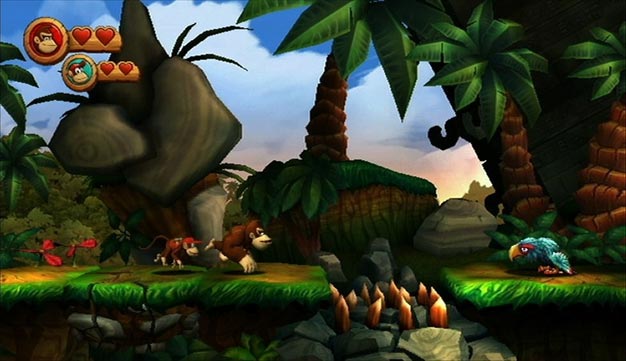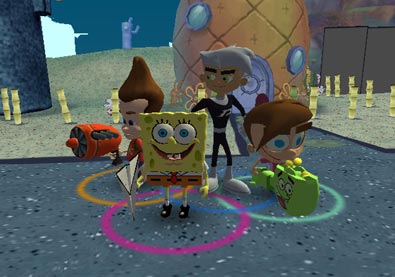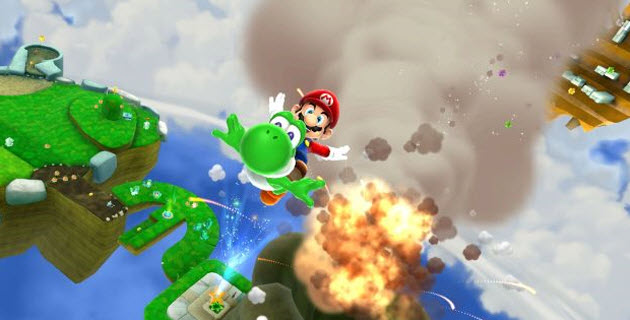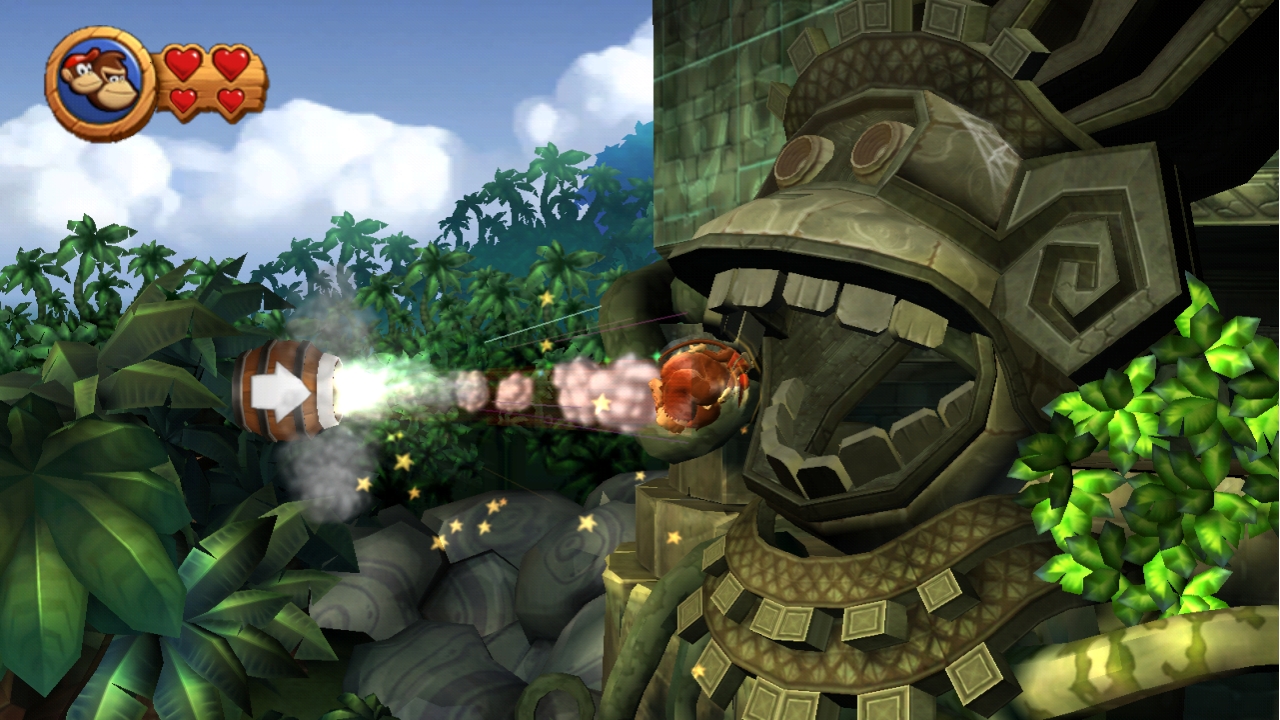This post has not been edited by the GamesBeat staff. Opinions by GamesBeat community writers do not necessarily reflect those of the staff.

Today's most popular games involve shooting, explosions, and heavy weaponry. But those of us that got our feet wet in the wading pools of '90s gaming think of a very different stereotype. Jumping frantically, earning extra lives, and screaming at our on-screen avatar — whether a plumber, a hedgehog, or a bald caveman — are our fond memories.
(Yes, I liked the Bonk games. Deal with it.)
Lately, platformers have been given a kick start with the advent of digital distribution, indie game development, and heavy support from the companies that ushered their rise in days past. Nintendo, Sega, and Retro Studios have all done their part to breathe life into the Wii (a system condemned to shovelware and poorly made licensed titles). And in doing so, they may have saved the platformer genre from itself.

If we consider the '90s to be platforming's Renaissance, the majority of the last decade would have to be the Dark Ages. Thanks to uninspired licensed titles and pathetic game design, platforming became a shadow of what it was in the '80s.
Why did this happen? The genre has a relatively simple blueprint to follow, but it's a hard one to master. Compare the release of a poor platformer to the horrible Scary Movie genre spin-offs. People wonder how these films keep coming out, but much like many platformers, they're relatively cheap to make and typically sell well. This is the basic concept behind shovelware titles: Some grandmother wanders into a GameStop, recognizes a TV show title, and buys the game for their grandchild, all the while thinking that they've made a smart purchase.

I mention this information because it's a contributing factor to the oversautration of the genre. It the best circumstances it makes even the most well-known companies try new things with beloved characters, for better or worse. One example would be Super Mario Sunshine, which was less well-received due to the deviation from the traditional Mario gameplay style.
Then again, sometimes those risks pay off. New Super Mario Bros. for the DS was a shot of adrenaline for platforming. The game combined old-school gameplay, updated graphics, and a mash-up of different Mario components. And it wouldn't be the last time Nintendo would pull Mario out to save a struggling console.
The shovelware problem grew to even greater proportions on the Wii, a system that sold incredibly well but lacked a solid game lineup outside of a few first-party titles. Gamers felt slighted by the influx of gimmicky motion control games and Hannah Montana merchandising. Of course, Nintendo had a plan, and as usual, the plan was Mario.
Nintendo assaulted their user base with a string of first-party titles like Super Mario Galaxy and New Super Mario Bros. Wii that rejuvenated the console. Both titles accomplished the same goals of the DS Mario incarnation: Memorable gameplay, simplicity, and a nod to the series' past. And the most surprising new title was yet to come.

When I think of my childhood, one title best sums up my gaming past: Donkey Kong Country. Donkey Kong Country was the perfect combination of challenging platforming, great presentation, and fun multiplayer aspects that kept me coming back to the game many times after I had already jumped, rolled, and coin-collected to completion.
To say that I was nervous about the release of Donkey Kong Country Returns for the Wii was an understatement. It terrified me. While I had faith in Retro Studios — especially after their work on the Metroid Prime series — I really thought that all of that Donkey Kong magic away had vanished with Rare's (the original DKC developer) departure.
I'm glad to see I was wrong.

Donkey Kong Country Returns has not only proven to be one of the best games on the Wii, in my opinion, it's the best of the year. Retro clearly has the same love for the series that many gamers my age have. The game does what so many “retro updates” try and fail to do: It keeps the spirit of the original but brings something new to the table. Other attempts at retro updates have come off well, but none has achieved what Retro manages with Donkey Kong Country Returns.
I could name other titles that prove the Wii is the new haven for platforming. I could go on and on about games like Kirby’s Epic Yarn and Sonic the Hedgehog 4, titles trying new things like Epic Mickey, or the multitude of fantastic indie games like Fluidity and Ivy the Kiwi?. And they all just go to show that the Wii is not only finding life in the future, but also in a revised look to the past.
